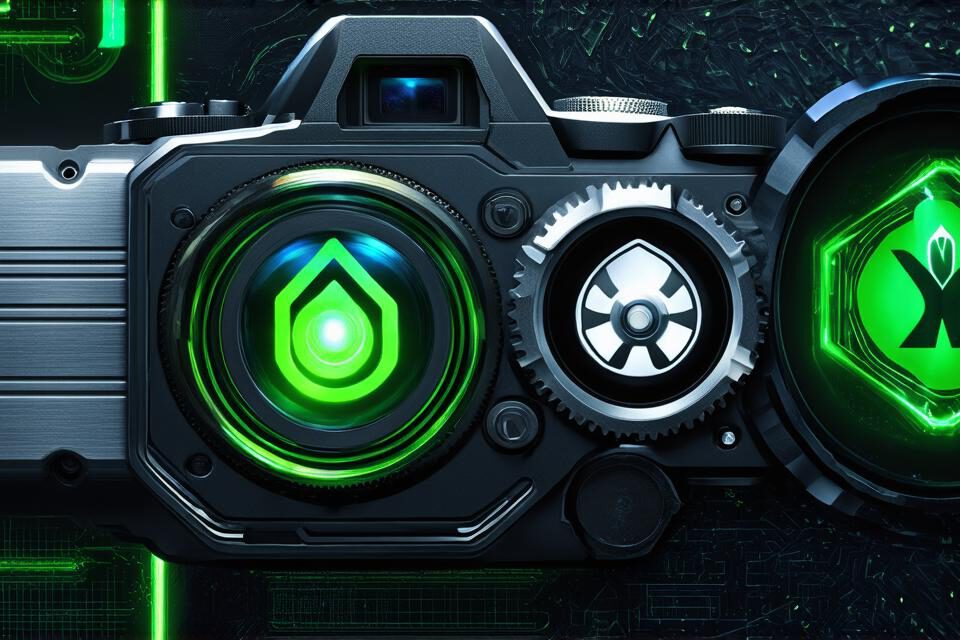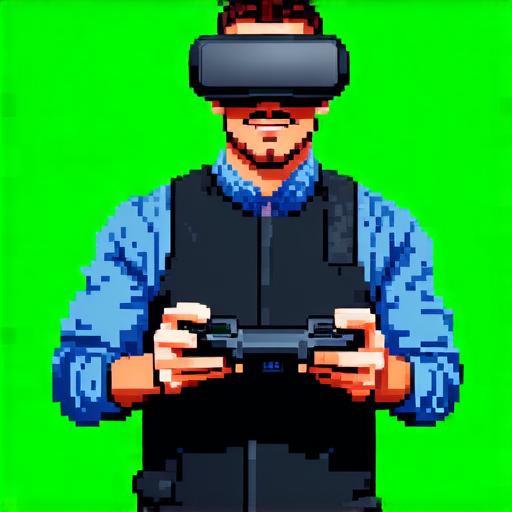What skills are needed to become a successful virtual reality developer?

Introduction
Virtual reality (VR) is a rapidly growing industry that offers endless possibilities for gaming, entertainment, education, and more. The demand for VR developers continues to increase as the technology becomes more accessible and affordable.
1. Programming Skills
Virtual reality development requires a strong foundation in programming, particularly in languages such as C++, Java, and Unity3D. These languages are used to create the 3D models, textures, animations, and code that bring VR experiences to life. Without programming skills, it will be difficult to create or modify VR applications, making it challenging to succeed in this field.
2. 3D Modeling Skills
Virtual reality relies heavily on 3D modeling, which involves creating a three-dimensional representation of an object or environment. 3D modeling tools such as Maya, Blender, and ZBrush are commonly used for VR development. A successful VR developer should have proficiency in these tools, as well as a strong understanding of geometry and design principles.
3. Texturing and Lighting Skills
Textureing and lighting are crucial components of virtual reality development, as they create the visual environment that immerses users in the VR experience. A successful VR developer should have expertise in these areas, including knowledge of texture mapping, lighting techniques, and shaders.
4. User Interface Design Skills
Virtual reality experiences require a well-designed user interface that guides users through the experience and enhances their engagement. A successful VR developer should have experience with user interface design, as well as an understanding of user behavior and psychology in virtual environments.
5. Hardware Requirements
Virtual reality development requires powerful hardware such as high-end CPUs, GPUs, and specialized equipment like motion capture sensors and headsets. A successful VR developer should have access to this hardware, as well as experience with integrating it into their development process.
6. Collaboration Skills
Virtual reality development often involves working with a team of designers, developers, and other professionals. Successful VR developers must be able to collaborate effectively, communicate clearly, and manage project timelines and budgets.
7. Creativity and Innovation
Virtual reality development requires creativity and innovation in order to push the boundaries of what is possible in this medium. A successful VR developer should have a strong imagination, be willing to take risks, and constantly seek out new ideas and technologies.
Case Studies
To illustrate these skills and requirements, let’s look at some real-life examples of successful virtual reality developers.

Oculus Rift:
Developed by Facebook, the Oculus Rift is one of the most popular VR headsets on the market. The team behind the Oculus Rift includes developers with expertise in programming, 3D modeling, texturing and lighting, and user interface design. In addition, they have access to powerful hardware and collaboration tools to ensure that their development process runs smoothly.
Beat Saber:
Developed by Beat Games, Beat Saber is a rhythm game that has become a staple of VR gaming. The team behind Beat Saber includes developers with expertise in programming, user interface design, and creativity. They also work closely with musicians to ensure that the music in the game is perfectly synchronized with the gameplay experience.
Google Expeditions:
Developed by Google